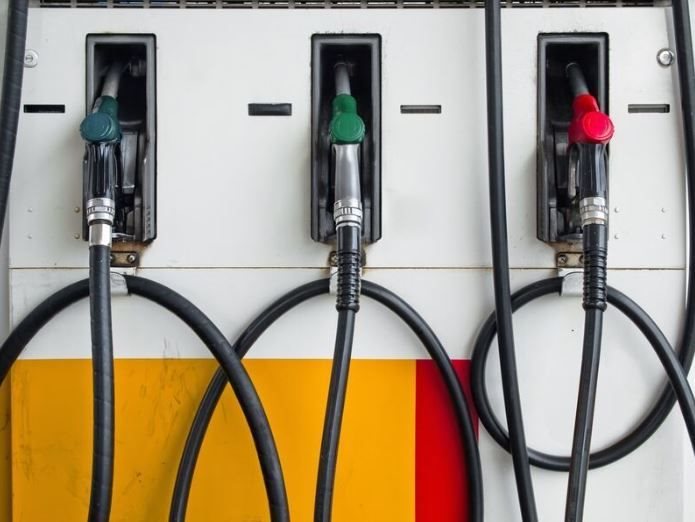The Automobile Association (AA) says fuel in South Africa is expected to decrease significantly when adjusted despite recent rand weakness against the US dollar. Current unaudited data from the Central Energy Fund (CEF) is indicating significant reductions in fuel prices across the board, but specifically in the prices of petrol.
According to the CEF’s figures, ULP95 petrol is expected to be lower by around R2.35/l while ULP93 is set for a drop of around R2.18/l. Diesel is expected to drop by between 77 and 87c/l while illuminating paraffin will drop by around 82c/l.
Considering the expected decrease to ULP95, for instance, the price for this fuel will drop from its current R25.42/l to R23.07/l. This is cheaper than the June price of R24.17/l but still significantly higher than R21.84/l May pricing. It is also way off the January pricing of R19.61/l.
The downward movement in international product prices – oil prices – are the main driver behind the expected decreases contributing 94% to the projected reductions. The average Rand/US dollar exchange is playing a smaller role but is still contributing the expected decreases.
“Although we are expecting fuel to be cheaper in September, we remain concerned about the overall high prices which impact on all consumers. The price hikes in June and July will continue to impact the economy and on the financial situation of all South Africans. A sustainable solution to mitigating rising fuel costs is still necessary and until that solution is found, citizens will be at the mercy of fuel price hikes,” notes the AA.
The AA again calls on government to urgently initiate a transparent review of the fuel price to seek these answers. It stands by its earlier position that scrapping the General Fuel Levy (GFL) is not the solution.
“We note the calls by those who say this is a way of reducing the fuel price but in our view this will not solve the problem; it will simply force government to find alternative ways to collect the revenue generated by this tax. Instead, the structure and composition of the fuel price must be considered, along with a deeper interrogation of how government currently allocates its funds,” concludes the AA.





































